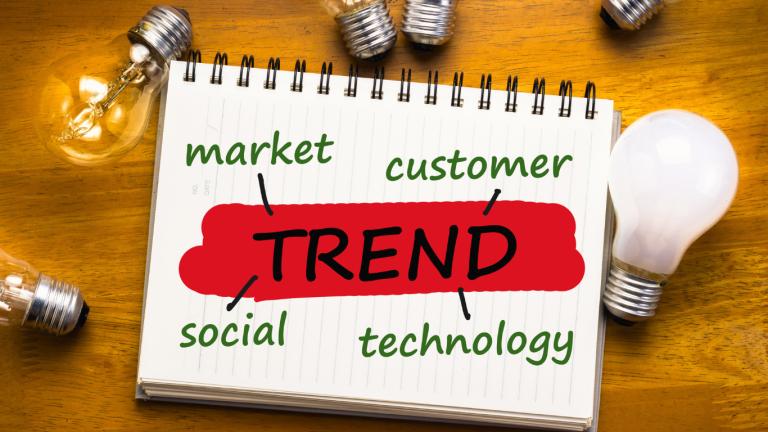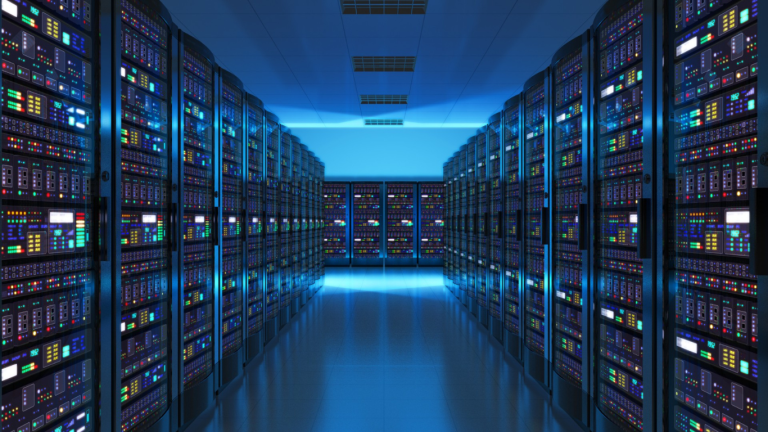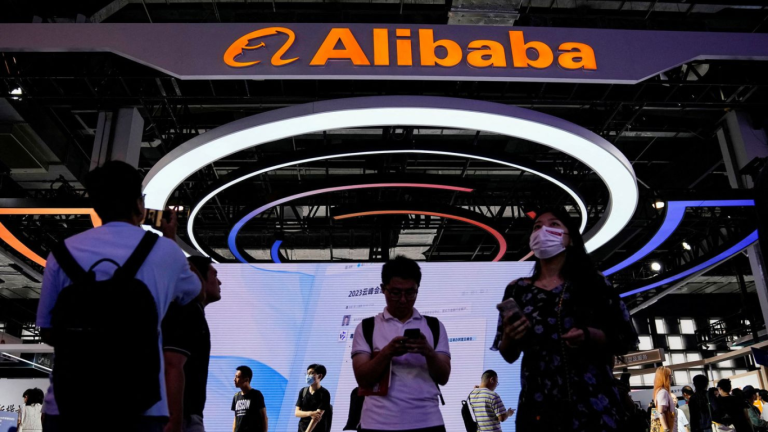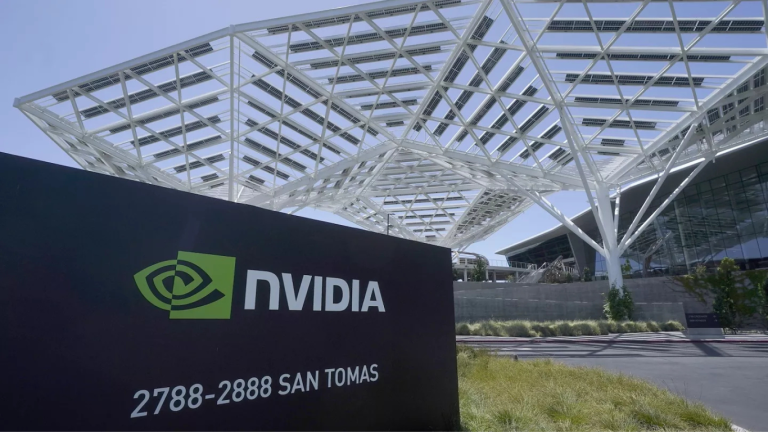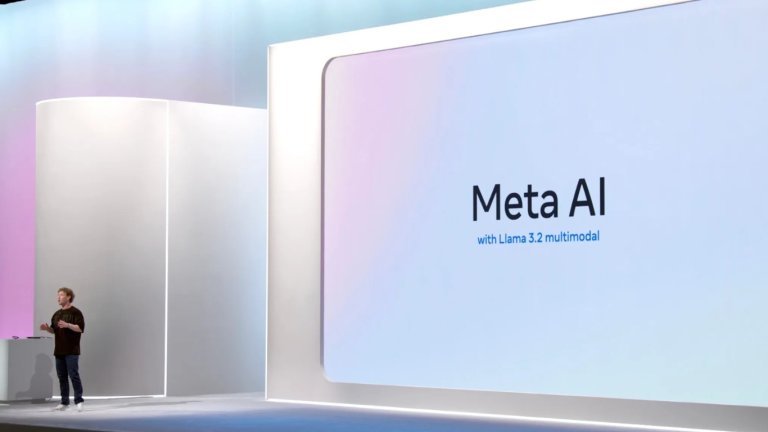_large.png)
By 2050, nearly 70% of the world’s population will reside in urban areas, according to the United Nations. This rapid urbanization underscores the urgency for smarter, more sustainable city planning. The construction industry stands at the forefront of this transformation, tasked with not just building structures but creating
interconnected ecosystems that align with the principles of smart cities. These forward-thinking urban spaces promise enhanced living standards, energy efficiency, and seamless integration of technology.
Merging Construction and Technology for Urban Sustainability
Smart cities are built on the foundation of technological innovation and sustainable practices.
- Smart buildings equipped with automated energy systems and advanced HVAC (Heating, Ventilation, and Air Conditioning) solutions optimize resource use and reduce waste.
- Urban spaces are increasingly designed to prioritize green areas, public transportation, and pedestrian-friendly zones to promote healthier lifestyles and lower emissions.
Construction firms play a pivotal role by adopting these principles and ensuring that the infrastructures they develop can support the digital and ecological demands of modern urban life.
Emerging Trends Driving Smart City Development
a. Modular Construction
- Modular construction is transforming how cities are built, offering faster project timelines and reduced environmental impact.
- Prefabricated components minimize onsite waste and streamline construction in densely populated urban areas.
b. Renewable Energy Integration
- Solar panels, wind turbines, and geothermal systems are now integral to smart city projects.
- Buildings are designed to generate and store their own energy, creating self-sufficient ecosystems that align with global sustainability goals.
c. IoT-Enabled Infrastructure
- Internet of Things (IoT) technology allows urban spaces to communicate and adapt in real time.
- Examples include smart traffic lights that optimize flow based on vehicle density and waste management systems that notify collection services when bins are full.
These trends not only enhance efficiency but also reduce costs, making them attractive for construction firms and urban planners alike.
Challenges and Opportunities in Smart City Construction
While the potential is immense, realizing smart city projects comes with its own set of challenges:
- High initial costs: Implementing advanced technology and renewable systems requires substantial upfront investment.
- Complex stakeholder coordination: Collaborating with governments, tech companies, and local communities demands clear communication and alignment of goals.
- Regulatory hurdles: Navigating zoning laws and building codes for innovative projects can slow progress.
However, these challenges also present opportunities for construction firms to differentiate themselves:
- By partnering with technology providers, firms can access cutting-edge tools and expertise.
- Early adopters of smart city principles position themselves as leaders in a growing market.
The smart city revolution is reshaping the future of urban construction, blending innovation and sustainability to address the challenges of rapid urbanization. By embracing trends like modular construction, renewable energy, and IoT-enabled infrastructure, construction firms can not only meet evolving demands but also drive transformative growth. At IBIACO, we specialize in empowering businesses to navigate this complex landscape.

_medium.png)





